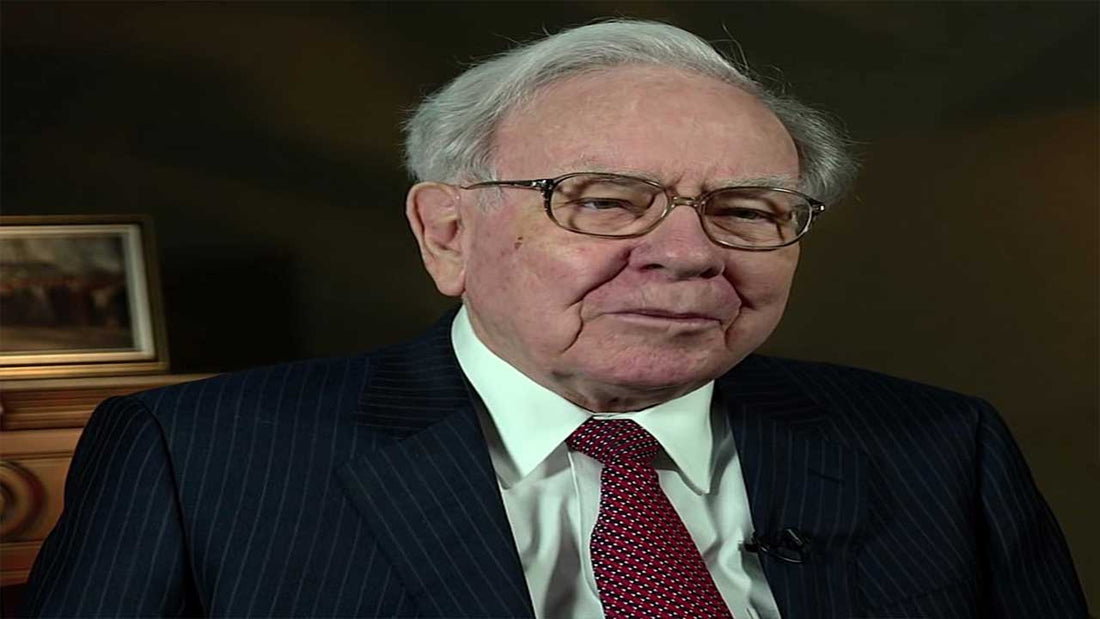Warren Buffett, the legendary investor and CEO of Berkshire Hathaway, recently made a profound statement about his last will, a document that reflects not only his approach to wealth but also his vision for the future. At 93, Buffett, known as the "Oracle of Omaha," has decided to make his will an "open book," eschewing the complexities often associated with the last testaments of the wealthy. This decision is a clear indication of his lifelong commitment to simplicity and philanthropy.
In a rare and candid letter to Berkshire Hathaway shareholders, Buffett revealed that more than 99% of his immense fortune, estimated at $121 billion, would be directed towards philanthropic efforts. This pledge is not a sudden shift in his philosophy but a continuation of a giving pattern that has been evident for years. Buffett has been a major proponent of the Giving Pledge, an initiative encouraging the wealthy to contribute a majority of their wealth to philanthropic causes.
Buffett's approach to his will is refreshingly straightforward. He has expressed his desire for a simple will, one that would be available for public inspection at the Douglas County Courthouse. This move is a stark contrast to the often complex and secretive estate plans associated with individuals of his stature and wealth. Buffett's decision to make his will public is a testament to his belief in transparency and accountability, especially when it comes to matters of significant public interest like the distribution of personal wealth.
The allocation of Buffett's assets posthumously is not just a matter of distributing wealth but also a reflection of his values. He has long criticized the concept of dynastic wealth, believing that it is neither desirable nor beneficial for society. His children, who are the executors of his will and the trustees of the charitable trust that will receive his fortune, share this belief. Buffett's stance is a powerful message in a world where wealth accumulation often takes precedence over equitable distribution.
Buffett's letter also touched upon the future of Berkshire Hathaway, the conglomerate he transformed from a struggling textile manufacturer into a global powerhouse. He expressed confidence in the company's resilience and its ability to thrive beyond his leadership. This confidence stems from his belief in the company's management and the systems he has put in place.
In conclusion, Warren Buffett's approach to his last will is a reflection of his pragmatic philosophy and his lifelong commitment to philanthropy. By choosing simplicity and transparency over complexity and secrecy, Buffett is setting a powerful example for other wealthy individuals. His decision to donate the vast majority of his wealth to charitable causes is not just an act of generosity but also a statement about the kind of legacy he wishes to leave behind. Buffett's will is more than a legal document; it is a blueprint for a future where wealth is used as a tool for positive social change.
Personal Feedback:
Warren Buffett's approach to his last will is both admirable and inspiring. It's a powerful reminder that even in the world of high finance and wealth, simplicity and a focus on the greater good can be incredibly impactful. His decision to make his will public and to ensure that the majority of his wealth serves philanthropic purposes is a testament to his integrity and his commitment to social responsibility. Buffett's actions set a high bar for how individuals of wealth can meaningfully contribute to society, not just in their lifetimes but also through their legacies.




